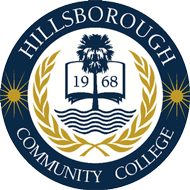Description
This article presents one of the few extant drawing of the original Tampa Beach Development which was the seed idea for Apollo Beach. Paul Dickman had owned the land and had long dreamed of creating a new town, which he called Tampa Beach. In 1954, he sold the land to a Fort Lauderdale development group, Turner, Dean and Clark for $10 million. These developers platted the town of Tampa Beach and began construction, which would take full advantage of the new Cross Bay Causeway (pictured) which was never built. The developers began a dredge and fill effort to create the town and began construction of the Flamingo Canal. They also offered 500 acres to the State of Florida to locate a new University (University of South Florida) but the government chose its current location north of Tampa, instead. The development company ran out of capital and did not accomplish much. The land reverted to Paul Dickman who late sold the land to the Corr family who ultimately were the developers of Apollo Beach
